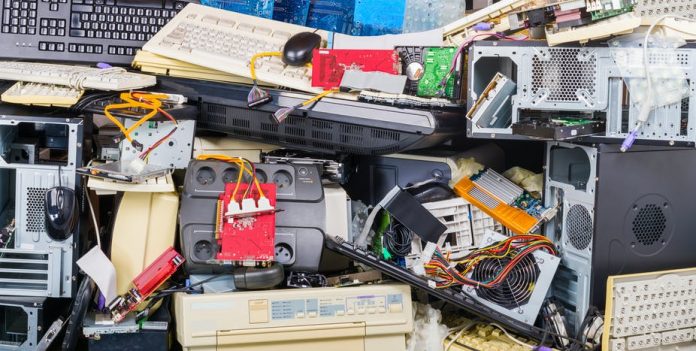In most of Nigeria’s cities, there are visible piles of refuse that have built up on roads, river banks and swampy land. These waste dumps smell bad and are breeding grounds for germs that cause diseases.
Perhaps less well-known is the electronic waste that’s becoming a serious problem in parts of the country. This is obsolete electrical and electronic equipment that has been discarded. Because Nigeria does not have a formal recycling sector for safe management of e-waste, every month about 500,000 tons of electronic and electrical equipment is dumped in workshops, open spaces, water sources and landfills. More than half of this is near end of life or completely damaged .
When rain falls on informal waste dumps, polluted liquids leach out. These liquids contain toxic chemicals and metals, bacteria and viruses. They find their way into the ground and surface water, and can be taken up by plants and end up in animals and people.
Electronic waste is one of the fastest-growing types of waste in some parts of the world. Globally, the eco-friendly recycling of e-waste is optimally low. So more than half of almost 50 million metric tonnes of e-waste generated worldwide ends up in landfills or is illegally transported.
Some of Nigeria’s e-waste is equipment that was imported when new and is discarded after its useful life. Some is imported second-hand. Out of an average of 500,000 tonnes of used electrical and electronics equipment imported into Nigeria, more than 25% is dead on arrival. Read more…



